MAHOMES' ULTIMATE: NFL superstar threatens to boycott Super Bowl to join Charlie Kirk's “All-American” movement — “I’d rather choose real America than the NFL circus!” What he said next shocked the entire league! Viet
MAHOMES' ULTIMATE: NFL superstar threatens to boycott Super Bowl to join Charlie Kirk's “All-American” movement — “I’d rather choose real America than the NFL circus!” What he said next shocked the entire league!
When Patrick Mahomes speaks, America listens. But no one was ready for this.
The Kansas City Chiefs’ superstar quarterback — known for his composure, his smile, and his laser-focused play — has shaken the sports world to its core. In a stunning declaration on a podcast streamed to millions, Mahomes hinted that he may
“I love this country. I love football. But if the game stops being about America, I can’t be part of it,” Mahomes said.
“I’d rather stand for something real — something All-American — than perform for a circus.”
Within hours, social media exploded. Hashtags like #MahomesManifesto, #AllAmericanRebellion, and #NFLBoycott dominated trending lists across X, Facebook, and YouTube. Some called him courageous. Others accused him of overstepping his role. But everyone agreed: Mahomes had just redrawn the lines between sports, politics, and patriotism.
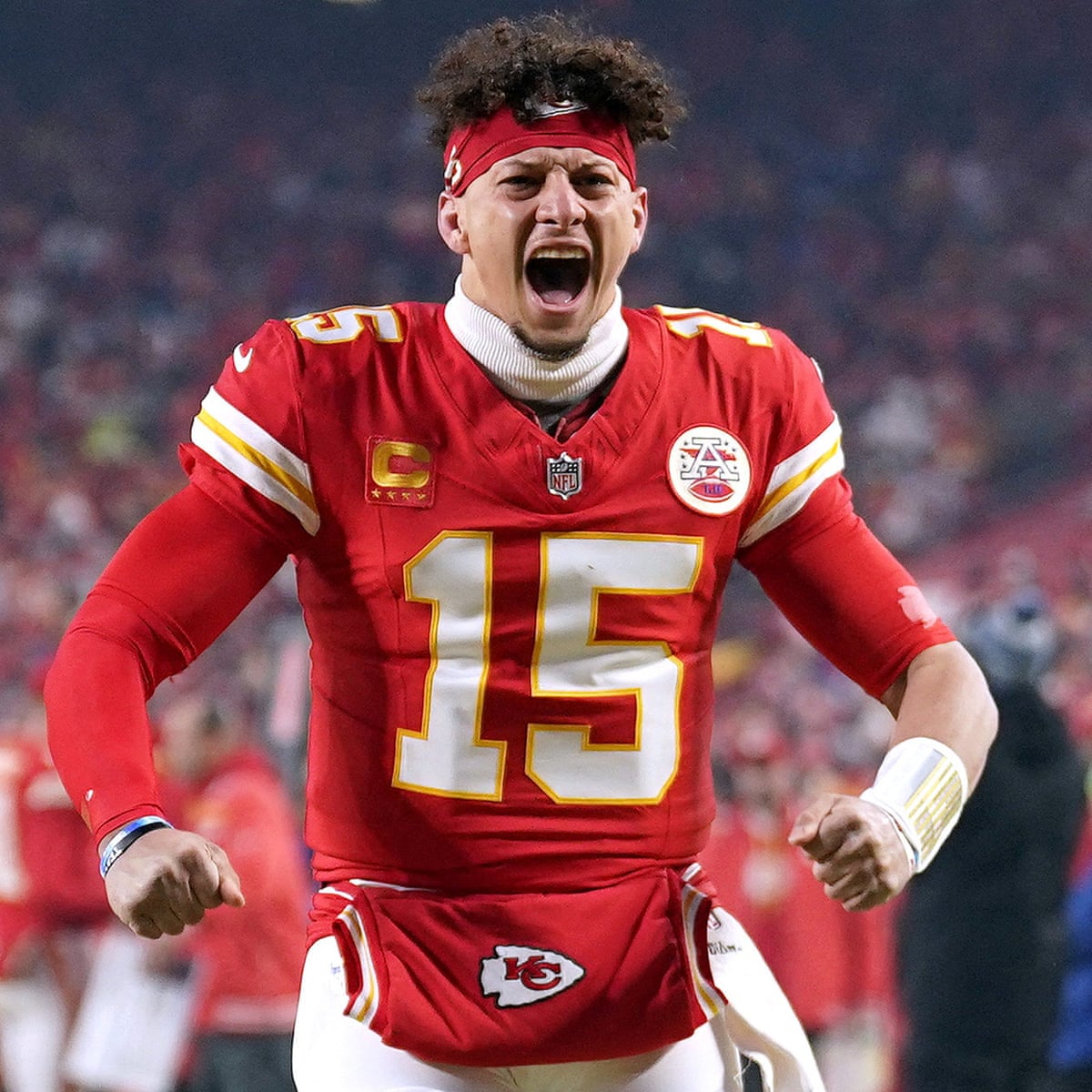
A TIPPING POINT MOMENT
The controversy erupted after months of growing frustration within NFL circles about the league’s halftime performances and political sponsorships. The latest flashpoint came when it was rumored that pop star
Sources close to Mahomes say he’d been quietly uneasy for weeks. “He’s not political by nature,” said a longtime teammate. “But he’s always been proud of being American — of working hard, earning everything. When he saw how the league was turning into a marketing machine for causes and sponsors that don’t represent that, something snapped.”
When Turning Point USA founder Charlie Kirk launched his “All-American Initiative” earlier this fall — promoting traditional values, accountability, and community service — Mahomes reportedly reached out privately. Kirk confirmed on X:
“Patrick gets it. He’s about real American spirit, not corporate slogans.”
That connection set off a firestorm. Sports reporters called it the “Mahomes Manifesto moment”, where one of the most beloved athletes of his generation crossed an invisible line — from star quarterback to cultural rebel.

THE STATEMENT THAT SHOOK THE LEAGUE
On October 18, during a live recording of The Gridiron Truth podcast, Mahomes delivered the words now echoing across America:
“If the Super Bowl becomes a stage for things that have nothing to do with football, I won’t be there.
I’d rather be part of something All-American than part of the NFL’s circus.”
The studio fell silent. Hosts blinked, unsure if they’d heard him right. Then, within seconds, phones started buzzing — producers rushing to verify whether Mahomes had just threatened to
By morning, the statement had gone viral. ESPN broke the story. CNN called it “Mahomes’ political awakening.” Fox News labeled it “The Shot Heard Around the Sports World.”
BEHIND THE SCENES: WHAT TRIGGERED THE OUTBURST?
According to insiders, the quarterback’s frustration began earlier in the season during a closed-door players’ council meeting. Sources claim a heated discussion broke out over the league’s growing list of political sponsorships — and over what one executive allegedly called “mandatory virtue alignment.”
Mahomes reportedly pushed back.
“He said something like, ‘Why can’t football just be football?’” recalled one anonymous insider. “He wasn’t angry, just disappointed. He wants unity — not lectures.”
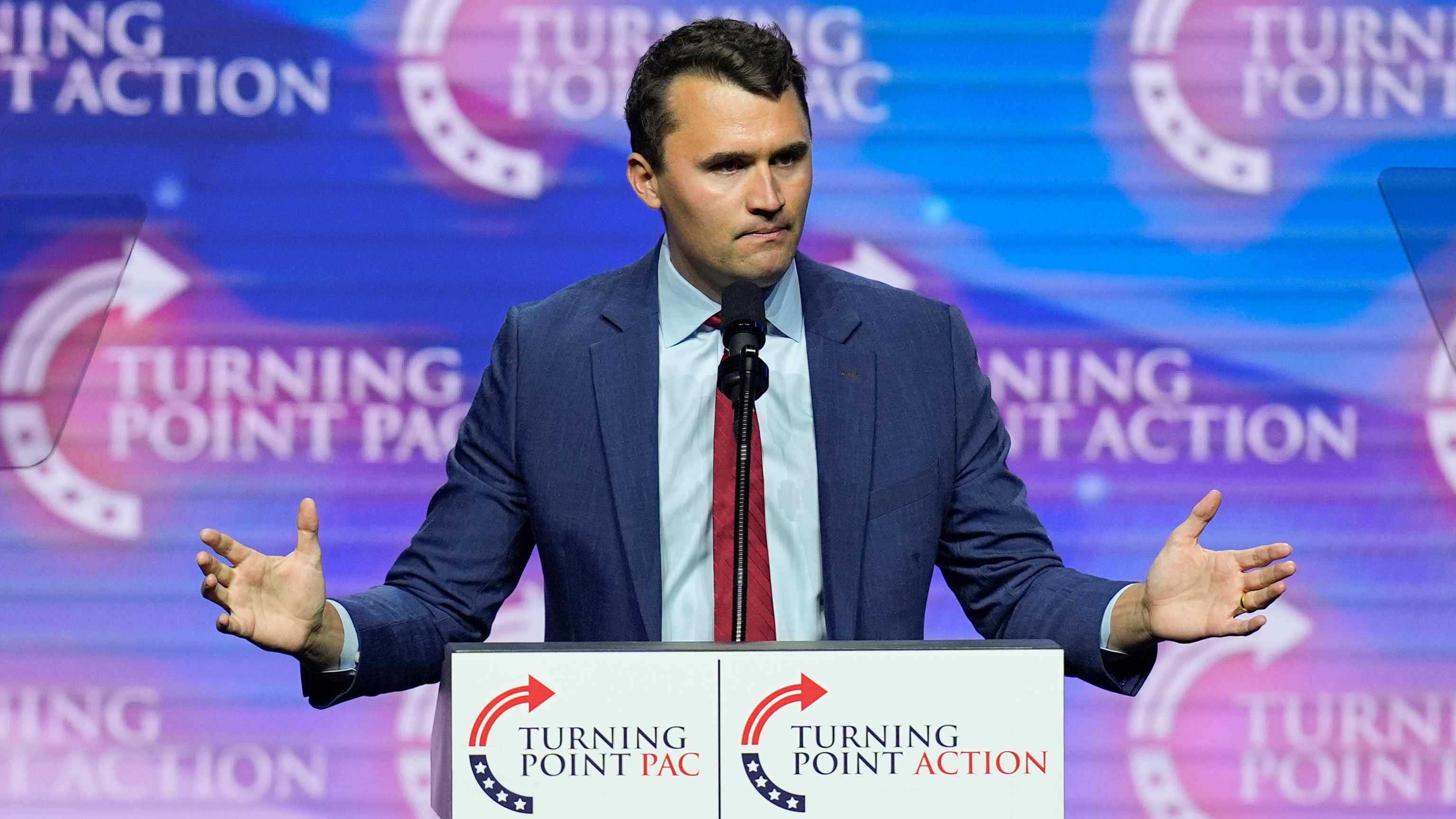
Others close to him say the real breaking point came after a leaked internal memo revealed plans for a halftime “social awareness partnership” with several global NGOs. The memo reportedly outlined “narrative-driven performance elements” — corporate code for politically themed choreography.
“That’s when he said enough,” a friend confirmed. “Patrick loves the fans, the game, the flag — that’s it. He didn’t sign up for activism disguised as entertainment.”
THE REBELLION TAKES SHAPE
By the following week, Turning Point USA seized the momentum. The group announced a new initiative called “The All-American Rebellion”, centered around reclaiming sports, culture, and community from corporate influence. Within days, over 300,000 people signed an online petition supporting Mahomes’ stand.
Rallies broke out across Texas, Florida, and Missouri. Fans showed up wearing jerseys with slogans like “Play for America” and “No Circus, Just Football.”
Even former athletes chimed in.
Brett Favre
Tim Tebow tweeted: “Faith. Country. Team. That’s what it should be.”
But not everyone was cheering.

A prominent sports columnist wrote:
“Mahomes risks alienating half his audience. The NFL thrives on inclusion, not division.”
And one anonymous team owner reportedly said:
“If he doesn’t walk this back, the league’s in uncharted territory.”
THE NFL’S RESPONSE
The NFL’s public relations team scrambled to control the damage. Within 48 hours, the league issued a carefully worded statement:
“The NFL celebrates diversity, unity, and the shared love of the game.
We have nothing but respect for Patrick Mahomes and his personal beliefs.”
But privately, the tension was palpable. A leaked email obtained by sports reporters suggested that senior executives were debating how to “navigate the Mahomes problem” without escalating the feud.

In Kansas City, team representatives downplayed the controversy. “Patrick is focused on football,” said a Chiefs spokesperson. “He’s entitled to his personal views.”
Still, the whispers grew louder. Would the league discipline him for his remarks? Would sponsors pull back? Or — more dangerously — would fans pick sides?
SOCIAL MEDIA ERUPTS
By October 21, #MahomesManifesto had been mentioned over 20 million times. Viral edits showed the quarterback waving an American flag after the Chiefs’ last playoff win, juxtaposed with footage of halftime shows criticized for political imagery.
Comment sections became battlefields.
Fans wrote:
“Finally, someone with the courage to say it!”
“He’s defending the game we love.”
Others snapped back:
“He’s just doing this for attention.”
“Stick to football, not politics.”
But even the critics admitted one thing: Mahomes had tapped into something real. The divide between fans who want football and networks that want narratives had finally reached its boiling point.
CHARLIE KIRK WEIGHS IN
On his live stream, Kirk called Mahomes’ declaration “the beginning of a cultural correction.”
“When the biggest name in football says he’s had enough, that’s not rebellion — that’s leadership.
America’s ready to wake up.”
He invited Mahomes to speak at an upcoming “All-American Summit” — a nationwide conference promoting unity, merit, and faith in sports. Though Mahomes hasn’t officially confirmed attendance, insiders say he’s “strongly considering it.”
If he shows up, it would mark an unprecedented fusion of athletic influence and political messaging — one that could reshape both the NFL and America’s broader cultural debate.
BEHIND CLOSED DOORS IN WASHINGTON
While fans debated online, Washington insiders began asking different questions. How could one quarterback’s statement cause such tremors? Why were certain PACs and lobbyists suddenly issuing memos about “sports realignment strategy”?
One Capitol Hill staffer confided:
“It’s bigger than football. This is about influence. Whoever wins the cultural narrative controls the future — and Mahomes just took the field.”
Rumors swirled that certain lawmakers were privately reaching out to the NFL, urging restraint. “They don’t want another Kaepernick-style implosion, but in reverse,” one source said. “Mahomes represents the other side of the American coin.”
Meanwhile, leaks suggested that top advertisers — sensing the public’s fatigue with “performative politics” — were quietly recalibrating campaigns toward more traditional, patriotic themes.
THE FAN FRENZY
By late October, Chiefs’ training sessions were drawing record crowds — not for the drills, but for glimpses of the man at the center of the storm. Reporters described the atmosphere as “electric, uncertain, historic.”
Fans waved flags, chanted his name, and held up signs reading “Let Mahomes Play for America.”
Local radio hosts turned the story into a daily countdown: “Will he play or will he boycott?”
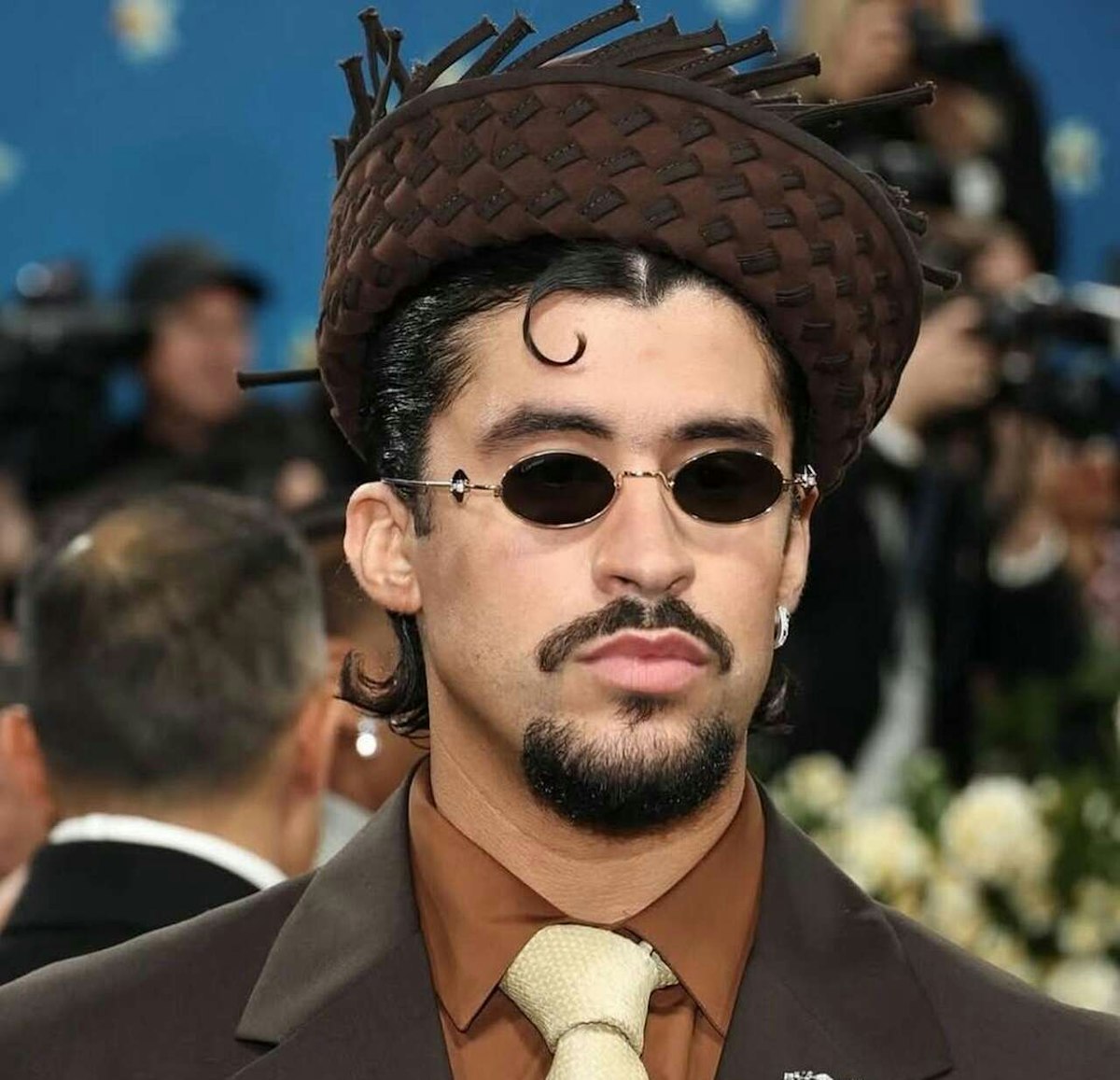
Sports betting sites even launched novelty wagers on whether Mahomes would actually skip the Super Bowl. Oddsmakers, unsure, called it “the most unpredictable moment in sports since Deflategate.”
A NEW KIND OF ICON
No matter what happens next, one thing is certain: Patrick Mahomes has transcended football.
He’s no longer just a quarterback — he’s a symbol.
For some, that’s dangerous. For others, it’s heroic.
But everyone agrees it’s rare.
“Mahomes represents the last bridge between old-school American grit and the new, chaotic sports industry,” said cultural analyst Dr. Ethan Crawford. “He’s standing in the storm, and both sides are trying to claim him.”
The quarterback himself has remained calm, avoiding interviews and focusing on practice. When a reporter shouted a question after training, he smiled and said simply:
“I’ll always do what’s right for the fans and for the game.”
RIPPLE EFFECTS ACROSS THE LEAGUE
Inside locker rooms, other players are quietly discussing their own frustrations. A veteran linebacker told The Athletic:
“We’ve all felt it — the game’s drifting away from its roots. Mahomes just said what a lot of us were thinking.”
Several younger players, however, fear backlash. “You speak up, you get branded,” one rookie said. “He’s taking all the heat for us.”
Meanwhile, the NFL’s sponsorship meetings have turned tense. Executives worry that the “All-American” movement could pressure advertisers to pick sides between patriotism and progressivism — a battle no brand wants to fight publicly.
THE EMPIRE REACTS
Behind closed doors, NFL officials reportedly met with major networks to coordinate messaging. “They want to frame this as a misunderstanding,” said a source with knowledge of the discussions. “But deep down, they know they’ve lost control of the narrative.”
Leaked text messages between two sports media executives, later confirmed authentic by reporters, captured the anxiety perfectly:
“If he actually boycotts, that’s Armageddon for the league.”
“He won’t. But even the threat has changed everything.”
And indeed, it has.
AMERICA DIVIDED, AGAIN — BUT THIS TIME, OVER FOOTBALL
In coffee shops, barber chairs, and college dorms, the debate rages.
Is Mahomes defending tradition or dividing fans? Is the NFL losing its soul or evolving?
Sociologists point out that sports have always mirrored national identity. When baseball became globalized, America redefined itself. When basketball turned into entertainment, new stars rose. Now, football — the country’s last “pure” sport — faces its reckoning.
And Mahomes, whether he intended to or not, has become its reluctant philosopher.
A MAN ALONE AGAINST THE SYSTEM?
Not quite. Behind him stand millions who feel that the game — and maybe the country — has drifted too far from its roots. They see Mahomes’ stance not as rebellion, but as redemption.
Still, the pressure is immense.
Anonymous reports suggest that high-level NFL figures have reached out privately, urging Mahomes to “clarify” his statement before it’s too late. So far, he hasn’t budged.
“He’s unshaken,” said one teammate. “He believes this is bigger than his career.”
THE COUNTDOWN TO SHOWDOWN
As the league barrels toward Super Bowl season, one question overshadows every statistic, every preview, every bet:
Will Patrick Mahomes actually boycott the biggest stage in sports?
If he does, the ramifications could be historic — financially, culturally, politically.
If he doesn’t, his words will still echo as a warning to the NFL establishment: the fans are watching, and the players are awakening.
THE LAST WORD
At a charity event days later, a young reporter asked Mahomes if he regretted anything.
He paused, smiled, and said:
“I’m not against anyone. I’m just for something.
For my family, my fans, and my flag.”
That single quote reignited the firestorm all over again.
Because in 2025 America, being for something — even something as simple as your country — can be the most revolutionary act of all.
42 Seconds of Silence: Charlie Kirk’s Guard ‘Redline’ Frozen During the Shooting — What He Said After Arrest Left Everyone Stunned! Viet

42 Seconds of Silence: Charlie Kirk’s Guard ‘Redline’ Frozen During the Shooting — What He Said After Arrest Left Everyone Stunned!
In the recently leaked video, which has been widely circulated on social media, the bodyguard known as “Redline” — who was standing just meters away from the victim — remains motionless for 42 seconds as a violent incident unfolds. The scene is shocking: while chaos and screams erupt, several security personnel move, while Redline remains motionless, staring straight ahead.
Local police initially described the behavior as “being stunned” — but soon after the video went viral, many security experts and former investigators noticed suspicious signs: simultaneously with the 42 seconds of silence, two key surveillance cameras covering the approach angle went offline; three members of the security team later claimed that the “bodycam battery ran out.” This coincidence has turned the 42-second moment into the center of an intense investigation.
Video, “dead” battery, and error-recording dashboard — coincidence or intentional?
According to an inside source (who asked not to be named for safety reasons), when investigators seized the security team’s camera system, they found that the two data streams matched: both cameras had reported losing connection exactly 42 seconds before the incident. The technical system said that such a “mass shutdown” could only have been triggered from a central control panel—the device that Redline was operating during his night shift, according to a maintenance worker.
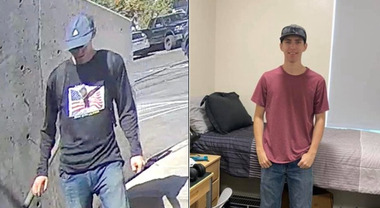
A former private security technician commented:
“Modern surveillance cameras have backup mechanisms. It’s very rare for a series of simultaneous signal loss at a critical moment without proactive intervention.”
Meanwhile, when investigators requested the body cams, three security personnel (including Redline) reported a “battery failure.” Coincidental battery failures, according to another source, are rare on newly inspected equipment.
“You already know” — three haunting words
When he was escorted to the police station, the man known as Redline spoke only once, according to an investigator present: “You already know.” This short, cold sentence immediately spread internally and became a topic of discussion online. Some analysts believe that the statement was a tacit confirmation — but that remains speculation until the investigator officially releases the content of the testimony.

Who had the authority to operate the system? Was it a loose chain of command or a deliberate cover-up?
One of the big problems experts point to is the chain of command for access to security systems. In many private security agencies, control panel access is often clearly decentralized: only a few accounts have the right to remotely turn cameras on and off. If lawyers and investigators confirm that Redline had that authority, the important question is who authorized or asked him to intervene — if any intervention actually occurred.
A former security company employee (who asked not to be named) asserted:
“At major events, it’s generally agreed that only the shift leader or the center coordinator has the authority to lock/disable the cameras. Not a regular security guard.”

If that’s true, then “disabling the cameras” is a strange overreach — or part of a designated process. Both possibilities are concerning.
The Disappearing Witness — the Loss of Important Pieces
It’s not just video: a literal witness to the incident, a student, told a reporter that he saw an SUV leaving the area shortly after the shots rang out. After the interview, the source said he received “discouraging” and unpleasant comments, then shut down his phone and social media accounts. The reporter could not be reached. A school representative said they “do not comment on the personal safety of students.”
The temporary disappearance of such witnesses has led independent investigators to assert that better witness protection is needed, and that the original camera recordings should be released for comparison. The silence from some parties further raises questions about whether there are “interested parties” who want to limit information.
Investigator: “We have to look at system logs, backups”
A senior investigator familiar with the case said:
“We are looking at system logs, revision records, backups, everything. If there is intentional manipulation, it will leave traces. But everything has to be done carefully — one inch wrong, a mile off.”
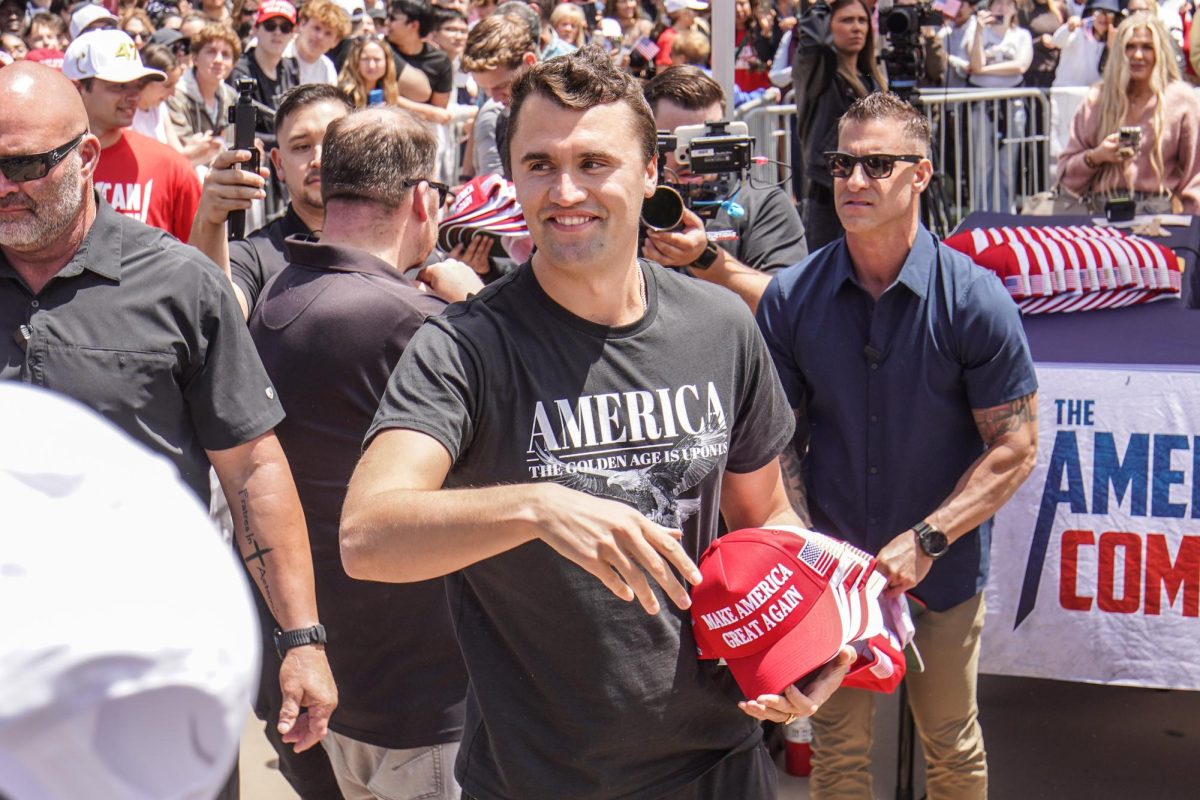
The investigator also emphasized: the reporting of battery failures on multiple devices at the same time is a detail that needs to be verified by hardware analysis, not just based on testimony.
The 42 Seconds of Silence case remains the beginning of a series of questions. The public has a right to know: which cameras actually lost data? Who had access to the control panel? Who asked for access to the original footage to be restricted?





